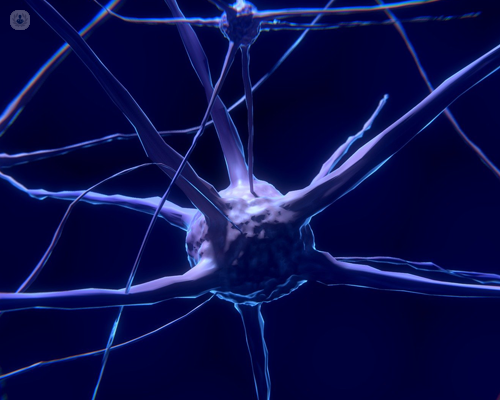How to recognise the early symptoms of a stroke: Timing is everything
Escrito por:Recognising the early symptoms of a stroke is critical, as timing plays a crucial role in minimising damage and improving the chances of recovery. Strokes occur when the blood supply to part of the brain is interrupted, either due to a blockage (ischaemic stroke) or a burst blood vessel (haemorrhagic stroke). The longer a stroke goes untreated, the higher the risk of permanent brain damage or even death. Acting quickly is essential.

What’s the FAST acronym?
One of the easiest ways to remember the signs of a stroke is the acronym FAST, which stands for:
- Face: Sudden drooping or numbness on one side of the face. Ask the person to smile, and if one side of their face looks uneven or droops, it could indicate a stroke.
- Arms: Weakness or numbness in one arm. Ask the person to raise both arms, and see if one drifts downward or if they struggle to lift it.
- Speech: Difficulty speaking or slurred speech. Ask them to repeat a simple phrase, and listen for unusual speech patterns or confusion.
- Time: Time is critical. If any of these signs are present, emergency services should be immediately called. The faster the treatment, the better the outcomes.
What other symptoms are there?
Other early symptoms can include:
- sudden vision problems in one or both eyes;
- severe headaches with no known cause;
- dizziness;
- loss of balance or coordination, and;
- confusion.
It's important to recognise these signs and act without delay.
How important is early medical attention?
Prompt medical intervention, particularly in the first few hours, can drastically improve recovery prospects. Treatments like clot-busting medications (thrombolytics) can only be administered within a specific window after the onset of symptoms. Therefore, understanding and recognising these early signs can make all the difference in saving someone's life or reducing the impact of a stroke on their long-term health.


